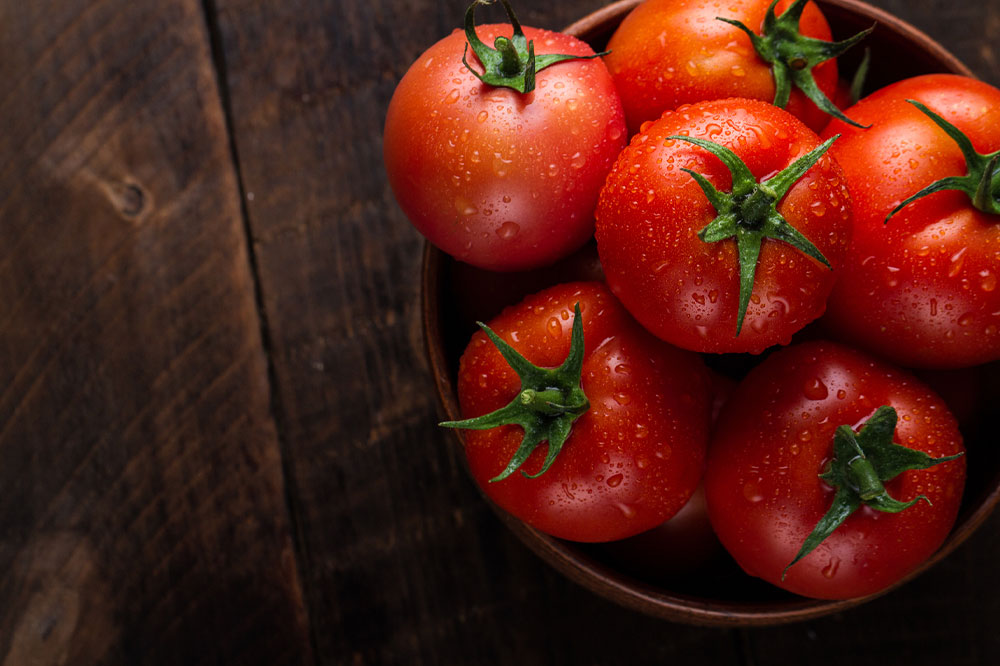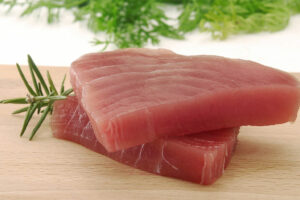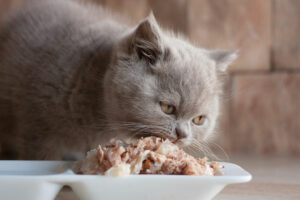6 foods that can help improve prostate health

As per estimates, around 12.5 percent of our country’s men have prostate cancer, making it the most common cancer among males. Therefore, it is crucial to follow good habits that promote prostate health. Doctors suggest that a nutritious food plan can keep the prostate gland healthy. It is crucial to eliminate high-fat and sugary foods from the meals and include those abundant in minerals and vitamins. The following are some foods that improve prostate health:
Tomatoes
Tomatoes are among the few fruits that contain a powerful antioxidant called lycopene. This antioxidant decreases cell damage and helps stop cancer cell production. Unsurprisingly then, researchers have found evidence that meals rich in lycopene reduces the risk associated with prostate cancer. Since lycopene is tightly bound to the tomato cell walls, the best way to eat the fruit is cooked or pureed. One should include sun-dried tomatoes, tomato juice, and tomato sauce in the meals at least every other day for the best benefits. Individuals can stock up on fresh tomatoes in summer and sun-dried or canned ones for the winter.
Green tea
Green tea is called a superfood because of its many health benefits. As a result, several multivitamin chewable capsules on the market consist of green tea extract. Such oral options are also highly recommended by doctors to patients at risk of prostate diseases. Drinking a cup of tea each day seems to have a positive impact on the prostate gland. While more research is required, some evidence proves it protects against prostate cancer.
Other teas that are also beneficial include matcha, nettle root, and hibiscus. One can consider sipping such teas while using daily chewable. Those who frequently travel for work or other purposes can carry a flask of tea wherever they go. Besides improving prostate health, green tea supports cardiovascular health and cholesterol management and has positive neuroprotective effects.
Mushrooms
Another key ingredient in many chewables and all-natural treatments for prostate health is mushrooms. While not all people enjoy their texture, most types of mushrooms have a positive effect on prostate health. One study shows that men who included as little as three ounces of mushrooms a week in their meal plan had an eight percent lower chance of prostate cancer than men who did not consider mushrooms. If the intake was three or more times a week, the risk was 17 percent lower. Shiitake, oyster, king oyster, and maitake are mushroom varieties with antioxidants with cancer-fighting capacity.
Broccoli
When mothers nudge young children to eat their greens, they probably are not thinking of prostate health. But men, both young and old, benefit significantly from the complex compounds present in this nutritious floral vegetable. Most cruciferous vegetables like cauliflower, cabbage, kale, bok choy, broccoli, and Brussels sprouts positively affect prostate health and lower prostate cancer risk. These green leafy vegetables contain phytochemicals that can target and kill cancer cells while leaving healthy prostate cells unaffected. Broccoli, in particular, has copious amounts of sulforaphane, a potent phytochemical that significantly reduces the risk of prostate cancer.
Berries
Surprisingly, even breathing oxygen increases the number of free radicals in the body. These occur in the form of charged or oxidized ions created as byproducts of a healthy metabolism. When these radicals build up in the body, they cause oxidative stress, damaging DNA and potentially leading to cancerous cell mutations. Antioxidants are superfoods that neutralize the effect of these unstable atoms and prevent or delay cell damage. Since berries like strawberry, blackberry, raspberry, and blueberry, are excellent sources of anthocyanin, a powerful antioxidant, they may help lower the risk of prostate and other forms of cancer. One can consider having a berry smoothie every day to improve prostate health.
Fish
Most fish, particularly cold-water fish like salmon and trout, contain healthy fats that do not trigger inflammation like animal fats and are suitable options. But tuna, shrimp, lobster, and scallops cause more inflammation, so one should avoid them. Besides protecting against inflammation, omega-3 fatty acids in certain fish inhibit tumor growth. However, nutritionists recommend seven ounces of omega-3-rich fish each week for the best benefits. Anchovies, herring, and sardines also have low mercury levels in addition to possessing prostate-protecting properties.
One can add these foods to the meal plan for better prostate health. However, those who already suffer from prostate-related disease might also want to consider using the following treatments and supplements:
VitalFlow
It is a health supplement with a long list of healthy ingredients like Saw palmetto berries, vitamin E, selenium, cat’s claw, broccoli leaf extract, and tomato fruit powder. One can use VitalFlow for better prostate health, but the supplement must be used consistently to reap benefits in the long run.
Prostafen
It contains nettle root extract, zinc, and broccoli extract, besides other healthy ingredients. One can consider Prostafen and other prostate supplements to prevent prostate enlargement and conditions that can arise from it. However, such supplements could cause acid reflux and other side effects if not used correctly. One can speak to a healthcare practitioner if they experience any troubling symptoms.
Ibrutinib BTK inhibitors
The doctor may recommend ibrutinib BTK inhibitors if a person already has prostate cancer or another cancer. It is a treatment that blocks cancerous cells from multiplying. But BTK inhibitors can have side effects like diarrhea, constipation, vomiting, skin infections, and dehydration.



